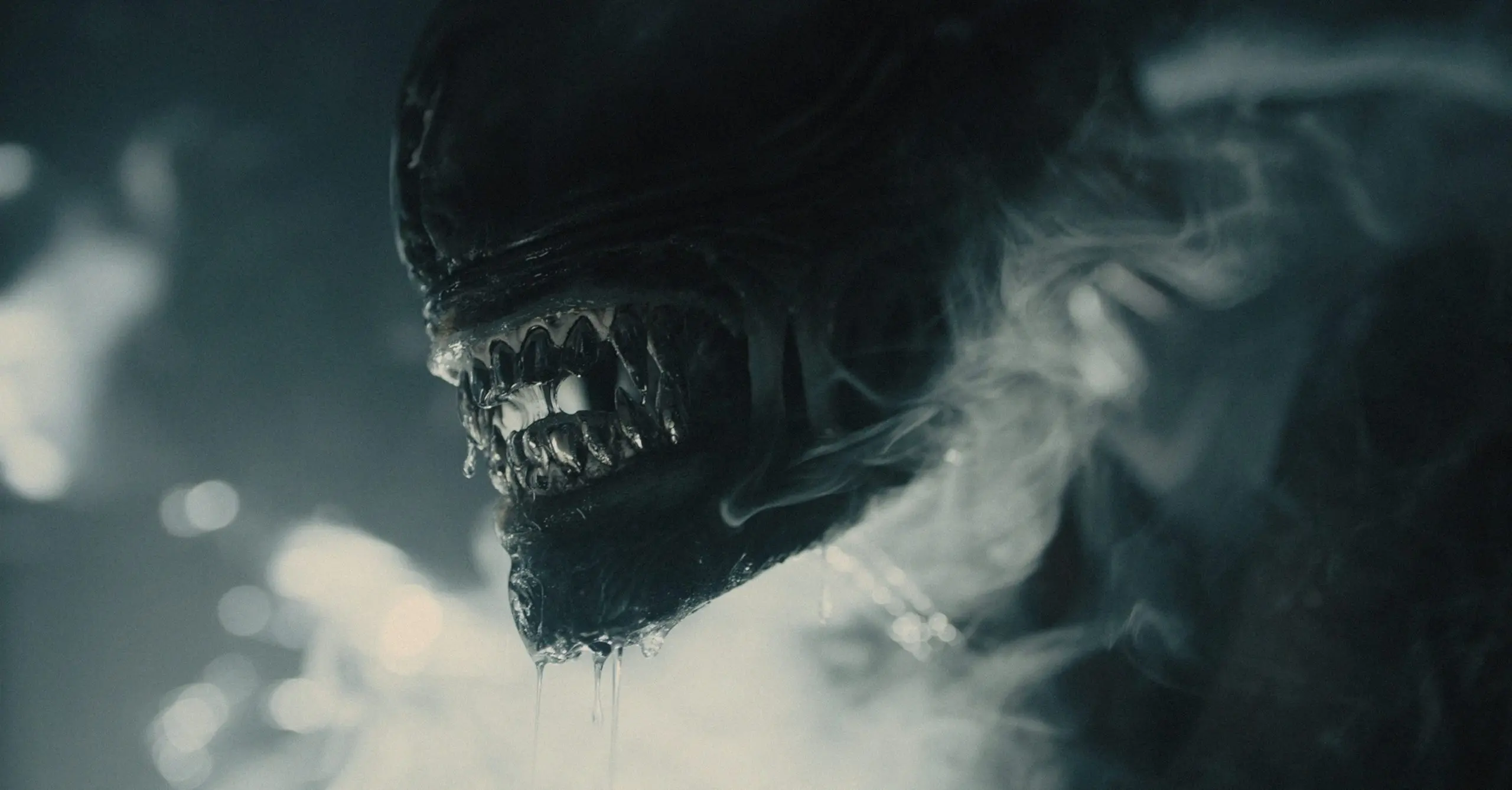🌌 Cosmic Queries with Neil deGrasse Tyson
Ready for a mind-bending trip through the cosmos? In a special edition of StarTalk, Neil deGrasse Tyson, along with Gary O'Reilly, Chuck Nice, and guest Charles Liu, tackles some of the most fascinating questions from their Patreon listeners. From higher dimensions to "grabby aliens," this discussion will leave you pondering the universe's biggest mysteries.
🌀 Higher Dimensions and Quantum Entanglement
Ever wonder if quantum particles are connected in a higher dimension? According to Charles Liu, this is a real possibility explored in string theory. The idea is that particles might have extra dimensions, which could explain the strange phenomenon of quantum entanglement, where two particles behave as one, even when separated by vast distances.
⚡ Energy and Quantum Entanglement
But does this connection involve energy being sent between entangled particles? The hosts clarify that our understanding of quantum entanglement is still incomplete, and the concept of energy exchange is a bias from classical physics. For now, it's best to think of entangled particles as a single system with complementary properties.
🧠 Quantum Physics, Consciousness, and Free Will
Can quantum physics explain consciousness and free will? This is a tough one. The discussion touches on the "wave function collapsing" in quantum mechanics and Heisenberg's uncertainty principle, which states that there's always a minimum amount of uncertainty in any measurement. However, a definitive link between quantum mechanics and consciousness remains elusive.
💻 What is a Qubit?
You've probably heard of qubits in the context of quantum computing. But what are they? Charles Liu explains that a qubit isn't a physical object but a piece of information. Unlike a regular bit (0 or 1), a qubit can exist in a superposition of states, allowing for incredibly complex calculations. This is the key to the power of quantum computing and encryption.
⌛ Mass, Time, and Black Holes
Does time stop at a certain mass, similar to how it slows down at the speed of light? Neil deGrasse Tyson clarifies that time doesn't stop at the speed of light, but it does slow down relative to an observer. Charles Liu adds that while there's no arbitrary mass limit, if you cram too much mass into a small space, you get a black hole, where time dilation is extreme.
✨ An Infinitely Fast Universe
What if the speed of light were infinite? Neil deGrasse Tyson explains that we would have no historical information from the universe's past because there would be no time lag. Charles Liu adds that the night sky would always be bright because light from all the stars would reach us instantaneously.
👽 The "Grabby Aliens" Theory
Finally, the team discusses the "grabby aliens" theory, which suggests that some alien civilizations might expand and exploit resources without any ethical considerations. While Neil deGrasse Tyson jokes about fighting them off, he also suggests that such a civilization would likely be self-limiting due to internal conflicts over resources, much like the history of colonization on Earth.

Comments 0
No comments yet. Be the first to share your thoughts!
Leave a comment
Share your thoughts. Your email will not be published.